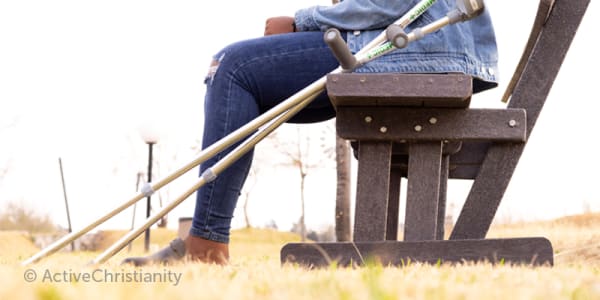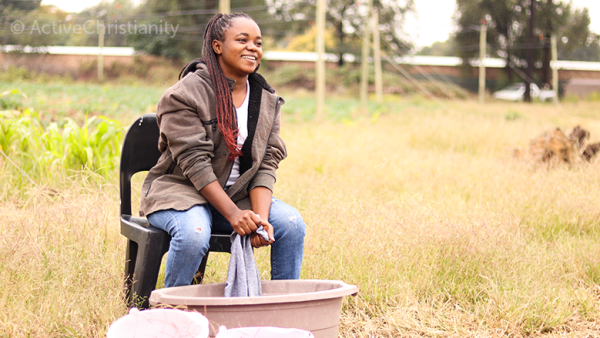Don’t you hate it when things don’t go your way? I did. I would complain as soon as things didn’t go the way I wanted them to. I would get irritated, jealous and even angry when things didn’t go my way.
“My way” is a never-ending list of how I think everything should go. It is how I want other people to behave, and what I think should happen in life’s many different situations. “My way” is my ego. “My way” is my sinful desires. “My way” comes from my sinful human nature. In Romans 8:8 (NLT) it’s written: “… those who are still under the control of their sinful nature can never please God.” I can’t please God if I am living according to the desires of my sinful nature, or living life “my way”. The truth is that there is just no place in my life for “my way” if I want to serve God.
From “my way” to “God’s way”
God’s way is the opposite of “my way”, and something needs to change completely if I am going to start doing things God’s way instead of my way.
Jesus said to Nicodemus: “…no one can see the Kingdom of God without being born again.” John 3:3 (GNT). Nicodemus knew that people cannot be physically born again and he didn’t understand what Jesus was trying to say. Jesus explained to him about a new birth according to the Spirit. Then I give my life completely over to God and I make a clear decision to stop living according to “my way”. I put away the old way of life where I served and lived according to the sin in my human nature. (Ephesians 4:22 and Romans 6:6.)
This means that I no longer give in to the selfish demands and desires of my sinful human nature. Then I am free to serve God and find His will for my life, and God will send me the Holy Spirit to teach and guide me – to teach me the difference between “God’s way” and “my way”, and to give me the power to obey Him! (Romans 8:11-15.)
Trading “my way” for something of eternal value
“My friends, do not be surprised at the terrible trouble which now comes to test you. Do not think that something strange is happening to you. But be happy that you are sharing in Christ’s sufferings so that you will be happy and full of joy when Christ comes again in glory.” 1 Peter 4:12-13 (NCV). It is through the “sufferings of Christ” – where I daily take up my cross and say ”No!” to my sinful human nature, to my will – that I receive glory and joy that will last forever.
God is trying to show me something in every situation. When my car breaks down, for example, things are clearly not going “my way”. But God’s way is something completely different than what I want. Maybe He wants me to see how I want to have control in my life, and that I am quick to become impatient and angry.
When I knowingly choose to be quiet in that situation, without giving in to anger or irritated thoughts, then I do not allow my sinful nature to get what it wants, and that is a suffering. But if I suffer in this way, I receive something of eternal value in return! This is what we call the “suffering of Christ”.
“And after you suffer for a short time, God, who gives all grace, will make everything right. He will make you strong and support you and keep you from falling. He called you to share in his glory in Christ, a glory that will continue forever.” 1 Peter 5:10 (NCV). The “suffering” isn’t the fact that my car has broken down, but that I don’t give in to what my sinful human nature wants, to “my way”. Rather than complaining, I overcome the complaining that lives in my human nature!
A very great hope
With the hope of getting rid of sin more and more, I can carry on, being happy in everything that happens in my life. I can begin to see my daily life in the same way as the apostle Paul did: “I believe that the present suffering is nothing compared to the coming glory that is going to be revealed to us.” Romans 8:18 (CEB). This way of thinking will bring a blessing that "my own way" never could!




